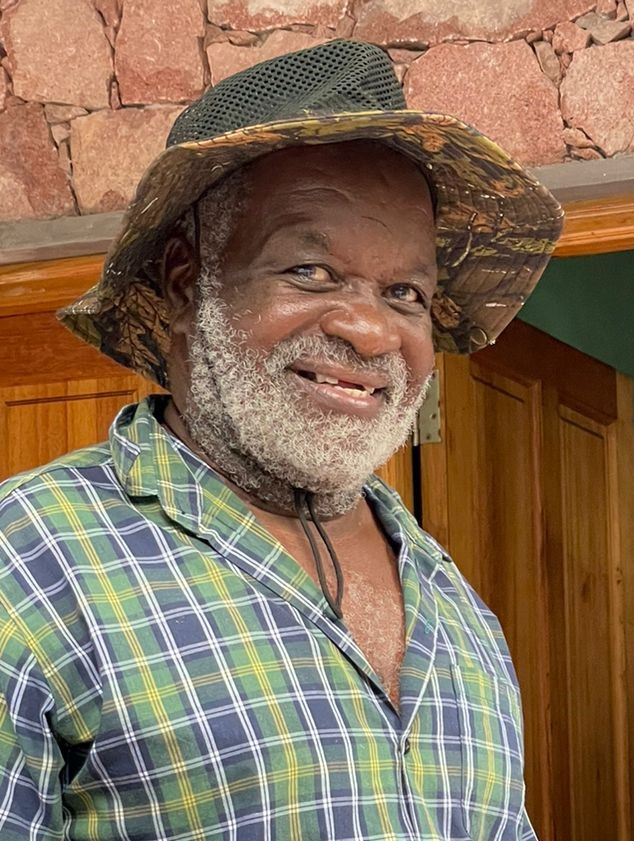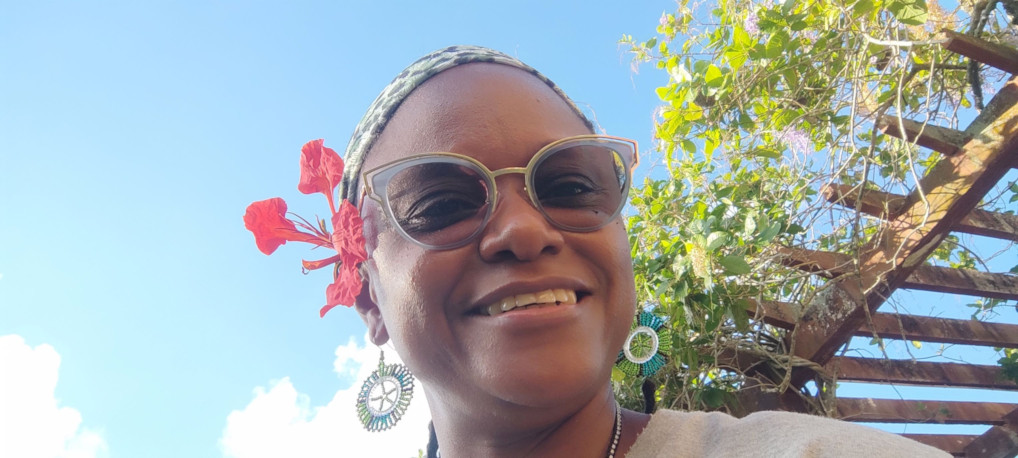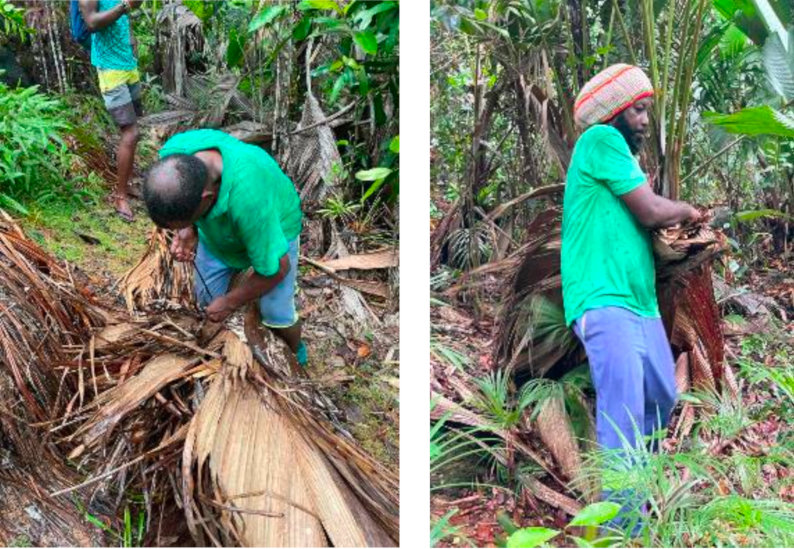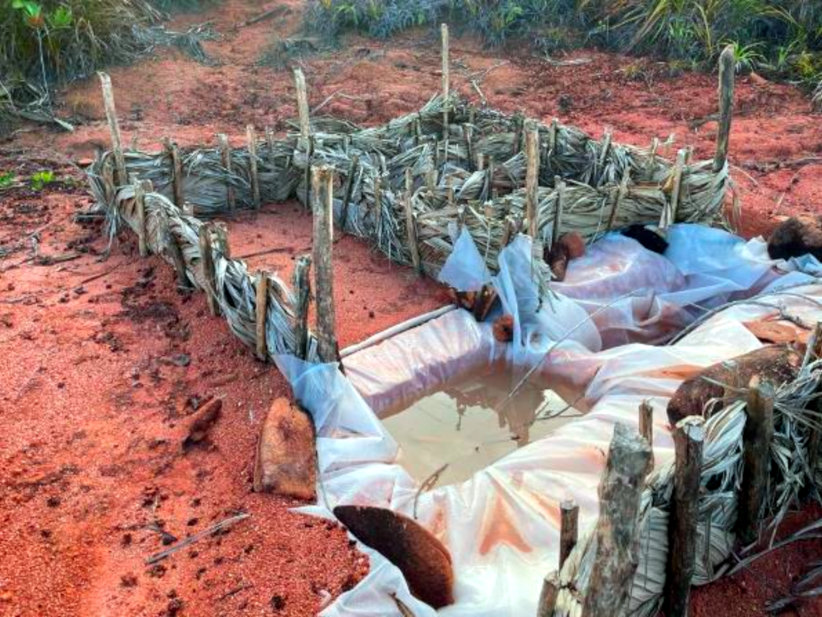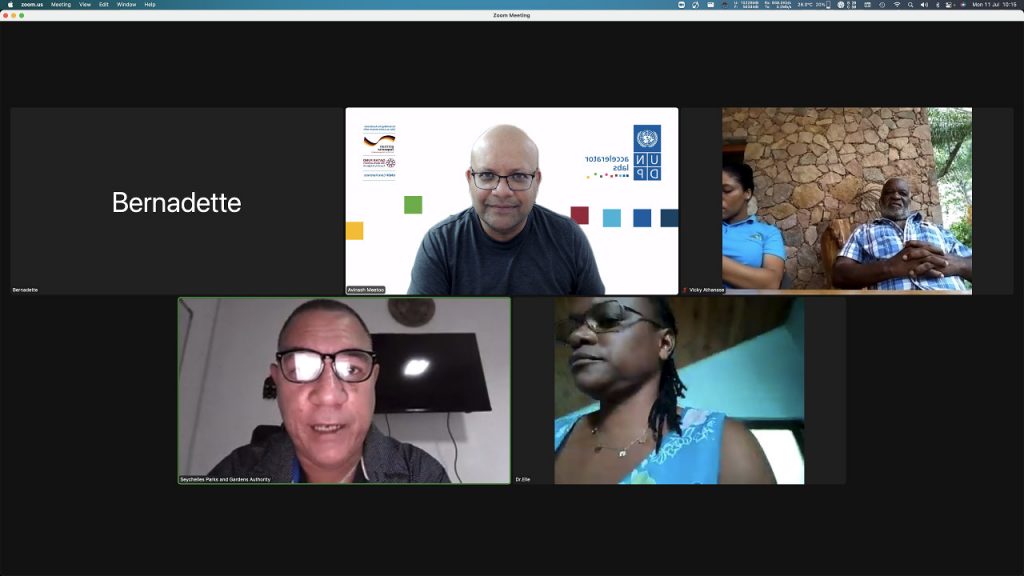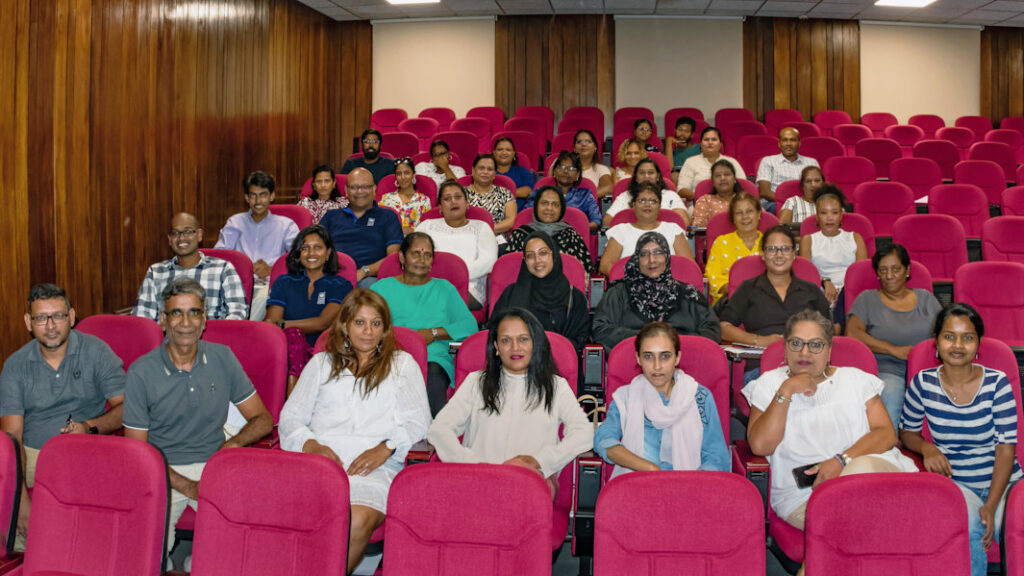
On Saturday 11 February 2023, more than thirty women entrepreneurs of Mauritius converged towards the University of Mauritius to join a financially literacy experiment devised by the UNDP Mauritius and Seychelles Accelerator Lab.
A little more than one year ago, the UNDP Mauritius and Seychelles organised a collective intelligence exercise with women entrepreneurs from the Micro, Small and Medium Enterprises (MSMEs) of Mauritius and Rodrigues. We discovered that one of their major concerns was that many of the women entrepreneurs felt that they did not have a good understand of finance. As such, many were struggling to remain compliant with institutions such as the Mauritius Revenue Authority and, in general, making sound financial decisions for their respective private companies.
After discussing with my Accelerator Lab colleagues, I proposed to run an experiment to test the following hypothesis: that any women entrepreneurs of Mauritius and Seychelles, with or without any prior knowledge of finance, could learn basic finance through short videos in Mauritian Creole and participation in a peer-to-peer online learning platform.
It took some time to procure a service provider with proven experience in finance, in the creation of educational videos and in engagement with women entrepreneurs in small businesses. At the end, a team from the University of Mauritius was selected. Partners for this experiment include SME Mauritius and the Mauritius Women Entrepreneurs Council who agreed share part of their extensive database of women entrepreneurs of Mauritius and Rodrigues with UNDP.
First meeting with the university professors
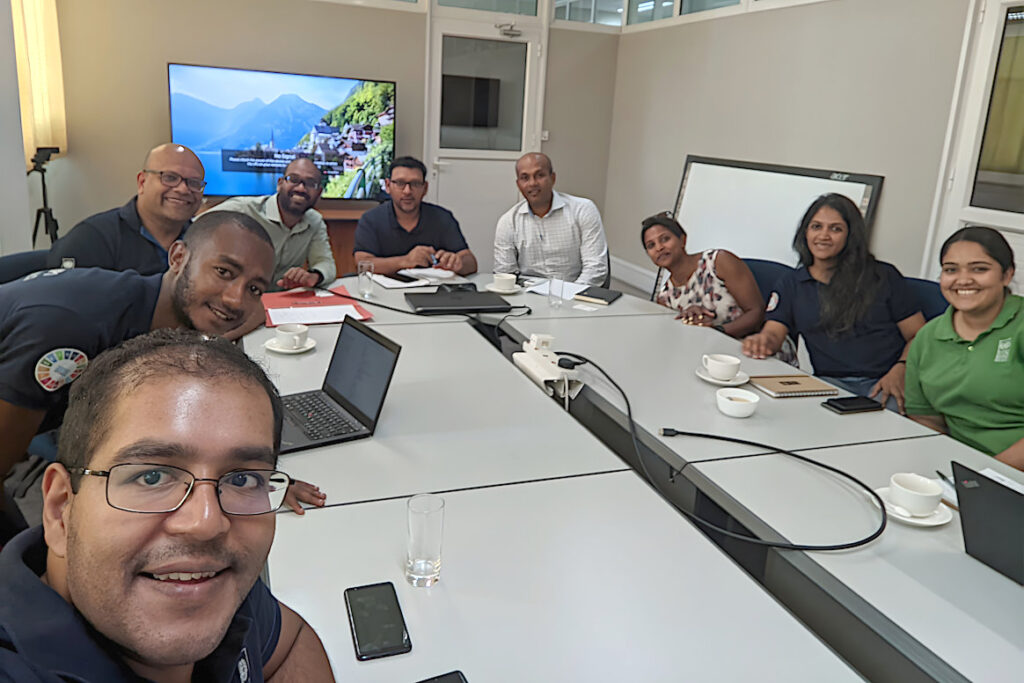
Our first meeting with the team of academics which had been selected took place on Thursday 20 October 2022. Professor Boopen Seetanah, Dr Goonesh Bahadur and Dr Viraiyan Teeroovengadum from the University of Mauritius were present as well as all three heads of the Accelerator Lab and our three UN Community Volunteers from Mauritius and Rodrigues.
We spoke about our expectations and the various deliverables and their deadlines. We focused on the content and ownership of the videos to be produced. During the conversation, we came up with a tentative list of topics to be covered including financial management, financial reporting and financial analysis. We also chose other topics such as working capital management and pricing.
Of course, we knew that it would be better to ask actual women entrepreneurs to tell us what they really require as new knowledge. Therefore, we decided to constitute several focus groups consisting of both established and beginner women entrepreneurs. In this way, we thought that the topics would be useful for a more varied audience.
Women entrepreneurs help identify the topics to cover
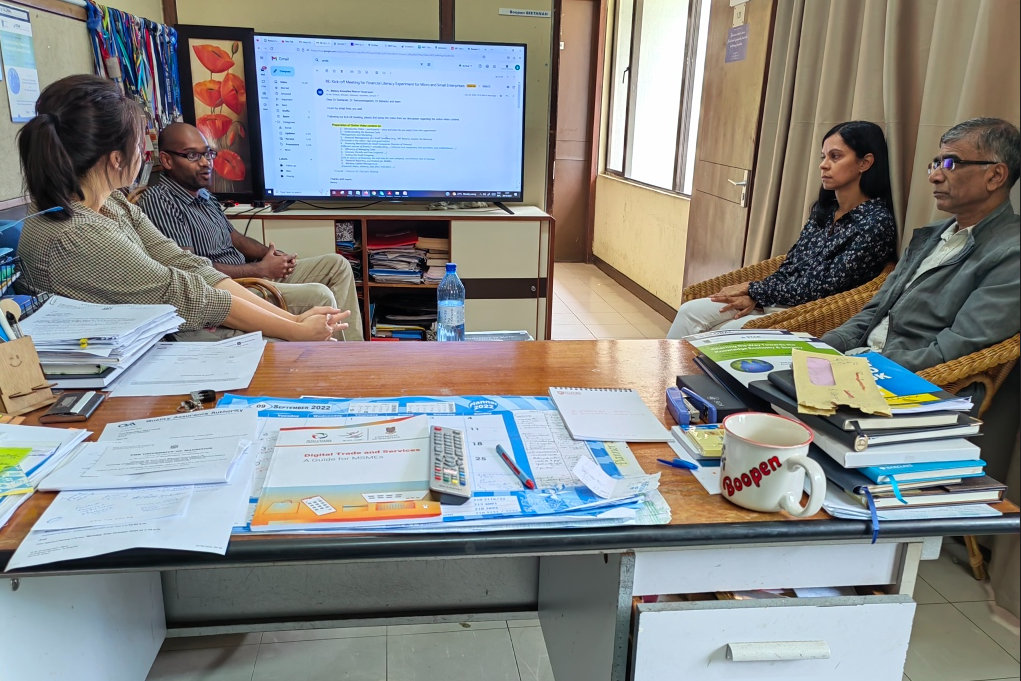
The team from the University of Mauritius met with different groups of women entrepreneurs over a period of two weeks and, from their interaction, came up with the following list of topics to be covered during the training:
- Understanding the Business Cycle
- Understanding Financial Statements
- Financial Statements Analysis
- Working Capital Management
- Budgeting and Investment Appraisal
- Costing and Cost Classification
- Statutory Compliance
From there, the university team wrote the script for the videos, identified the people who would speak, designed the images, charts and animations to be used and embarked on the video recording and editing process.
We had earmarked one month but this took three times more as there was always an aspect of the videos to fine-tune. The videos were finally ready at the end of January 2023 and the University of Mauritius team transferred the ownership to UNDP. Even though the experiment had been delayed the experiment by additional weeks, this was time well spent as, at the end, UNDP had about 12 videos of about 10 minutes each on finance literacy, all uploaded on a specific Youtube channel.
Thirty women entrepreneurs join the financial literacy experiment
On Saturday 11 February 2022, more than 30 women entrepreneurs went to the University of Mauritius for a first face-to-face meeting with the UNDP Accelerator Lab and the University of Mauritius teams. The entrepreneurs were very enthusiastic to have been contacted by the academics and were really keen to understand how the experiment would be conducted and what they were expected to achieve at the end.
Avinash Meetoo and Ayooshee Dookhee from the UNDP Accelerator Lab explained why the experiment was conceived, how, should the women entrepreneurs prove the experiment to be successful, this mode of learning could be deployed on a wider basis across the country, etc. The academics explained that, on that day, the women entrepreneurs would undergo a baseline test to evaluate their existing level of financial literacy.
The academics then explained that, during the subsequent two months, the women entrepreneurs would learn about financial literacy by watching the YouTube videos at their own pace. Of course, the women would be able to pause, rewind and watch the videos as many times as they wanted. They would also be in online forums where they would be able to interact with their fellow learners as well as the academics.
The academics finally explained that the women entrepreneurs would do a final evaluation at the end of the two-months period in order to verify whether this novel mode of learning through videos in Mauritian Creole was successful or not. All women entrepreneurs would also obtain a certificate of completion at the end of the experiment.
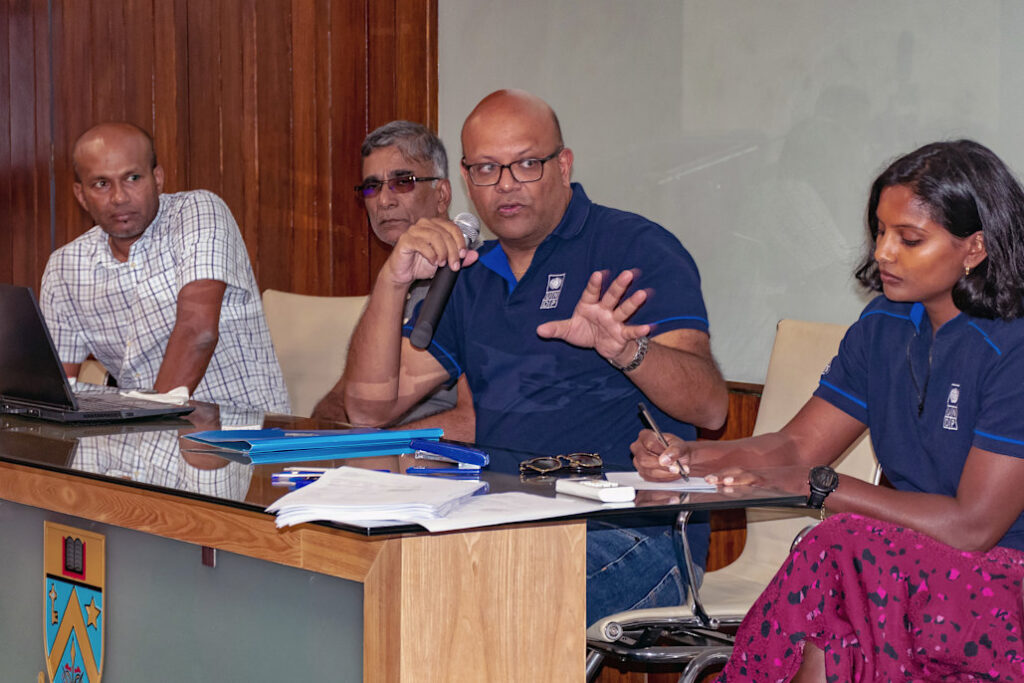
The next steps
There is one month left for the experiment. Up to now, user engagement has been good and there is a lot of interaction online, especially in a WhatsApp group with all the women entrepreneurs and the academics. WhatsApp has proved to be more practical that other kinds of communication tools.
The experiment will conclude by mid-April with a final report to be submitted by the University of Mauritius team and an award ceremony for the thirty participants.
Watch this space!
(This blog was written with the contributions of Dr Boopen Seetanah, Professor of International Trade, Finance and Development Economics at the University of Mauritius, Dr Kesseven Padachi, Professor of Accounting and Finance at the University of Technology Mauritius, Dr Goonesh Bahadur, Senior Lecturer and Officer in Charge of hte Centre for Innovative Lifelong Learning (CILL) at the University of Mauritius and Dr Viraiyan Teeroovengadum, Senior Lecturer in Management at the University of Mauritius. Many thanks also to Ayooshee Dookhee and Melany Poorun-Sooprayen, my two colleagues of the UNDP Accelerator Lab. Finally, I would also like to thank our three UNVs: Shabbir Ismael, Medaavi Gopaul and Jean-Wendy Gaspard.)
If you’re interested to partner with the UNDP Mauritius and Seychelles Accelerator Lab for this experiment or any other project, please reach out to us at

